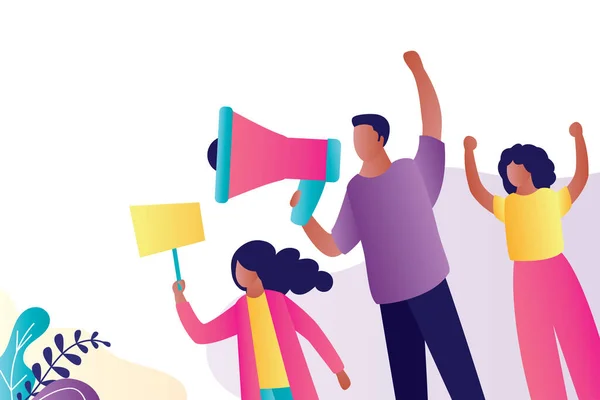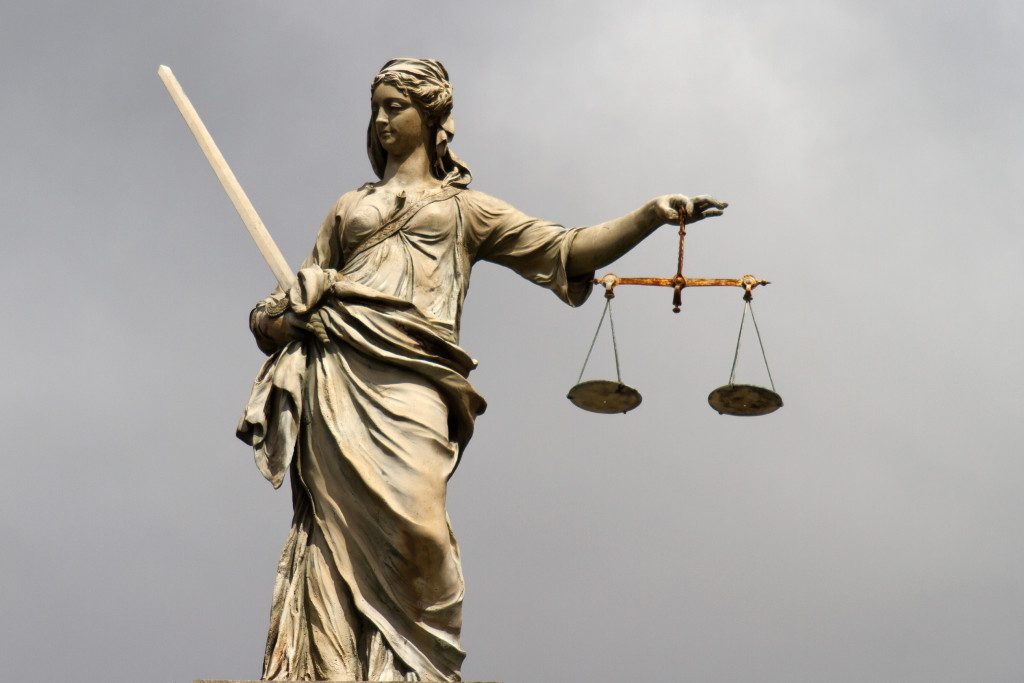Social movements have played a significant role in shaping legal change throughout history. From the civil rights movement to the LGBTQ+ rights movement, social movements have brought about changes in laws and policies that have had a lasting impact on society. In this article, we will explore the impact of social movements on legal change and how they have influenced the development of laws and policies.
What are Social Movements?
Social movements are collective, organized efforts by groups of people to bring about social change. These movements may be focused on a specific issue or set of issues, such as civil rights, environmental protection, or gender equality. Social movements may take the form of protests, demonstrations, or other forms of activism.
How do Social Movements Influence Legal Change?

Social movements can have a significant impact on legal change in a number of ways. One way that social movements influence legal change is by raising awareness about an issue and building public support for a particular cause. This can lead to changes in public opinion and pressure on lawmakers to enact laws and policies that reflect the views of the majority of the population.
Another way that social movements influence legal change is by directly challenging existing laws and policies. This may include filing lawsuits or engaging in civil disobedience to draw attention to an issue and push for change. Such actions can lead to court rulings and legislative changes that reflect the demands of the social movement.
Examples of Social Movements and Legal Change
One of the most significant examples of social movements influencing legal change is the civil rights movement. The movement, which was led by figures such as Martin Luther King Jr. and Rosa Parks, challenged segregation and discrimination against Black Americans and led to the enactment of laws such as the Civil Rights Act of 1964 and the Voting Rights Act of 1965.
Another example of a social movement that has had a significant impact on legal change is the LGBTQ+ rights movement. This movement, which began in the 1960s and gained momentum in the 1980s and 1990s, has led to changes in laws and policies that protect the rights of LGBTQ+ individuals. These include the legalization of same-sex marriage and the repeal of “Don’t Ask, Don’t Tell” policies in the military.
Social movements have played a crucial role in shaping legal change throughout history. From the civil rights movement to the LGBTQ+ rights movement, social movements have brought about changes in laws and policies that have had a lasting impact on society. By raising awareness about issues, building public support, and directly challenging existing laws and policies, social movements have been instrumental in creating a more just and equitable society.


Comments are closed.